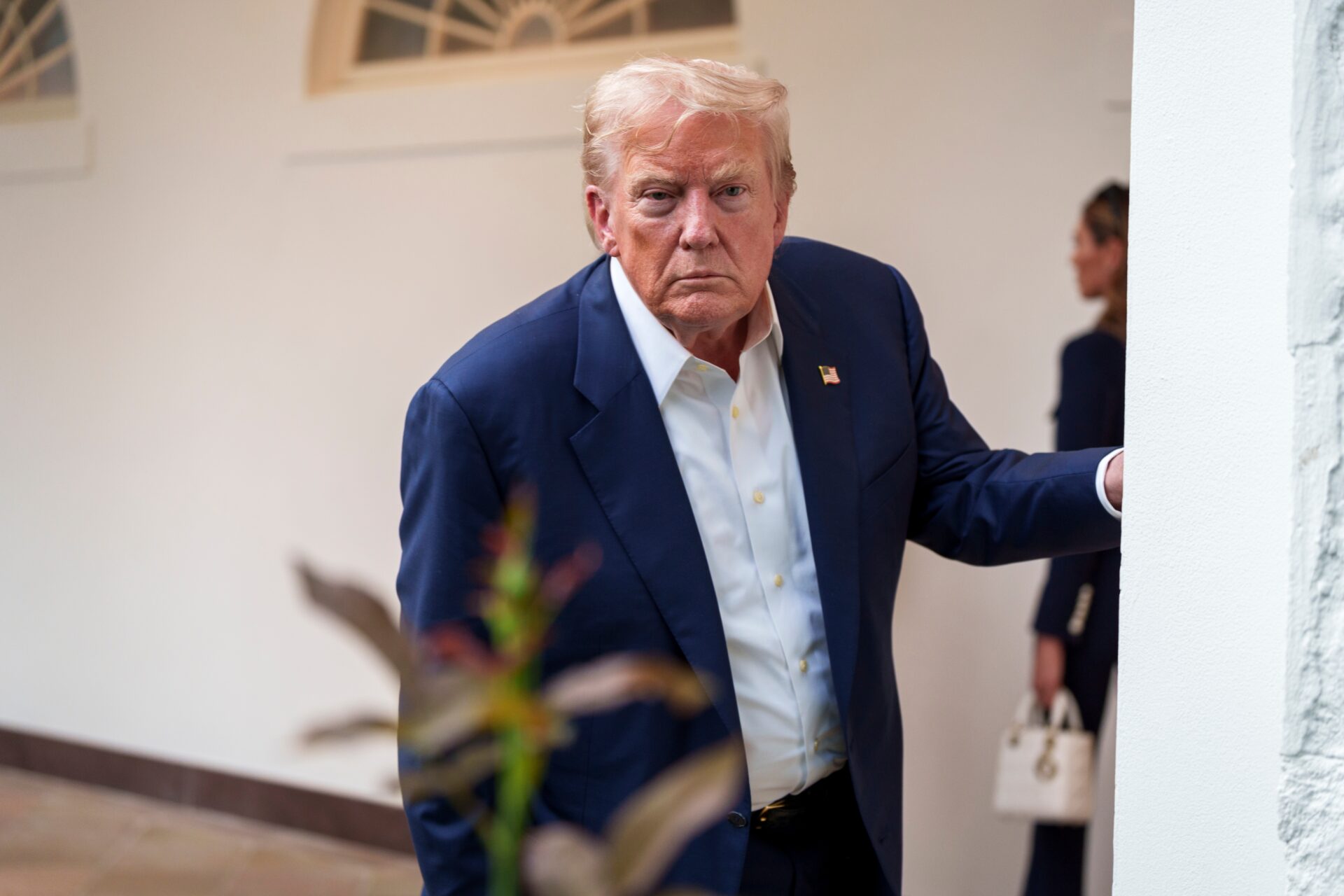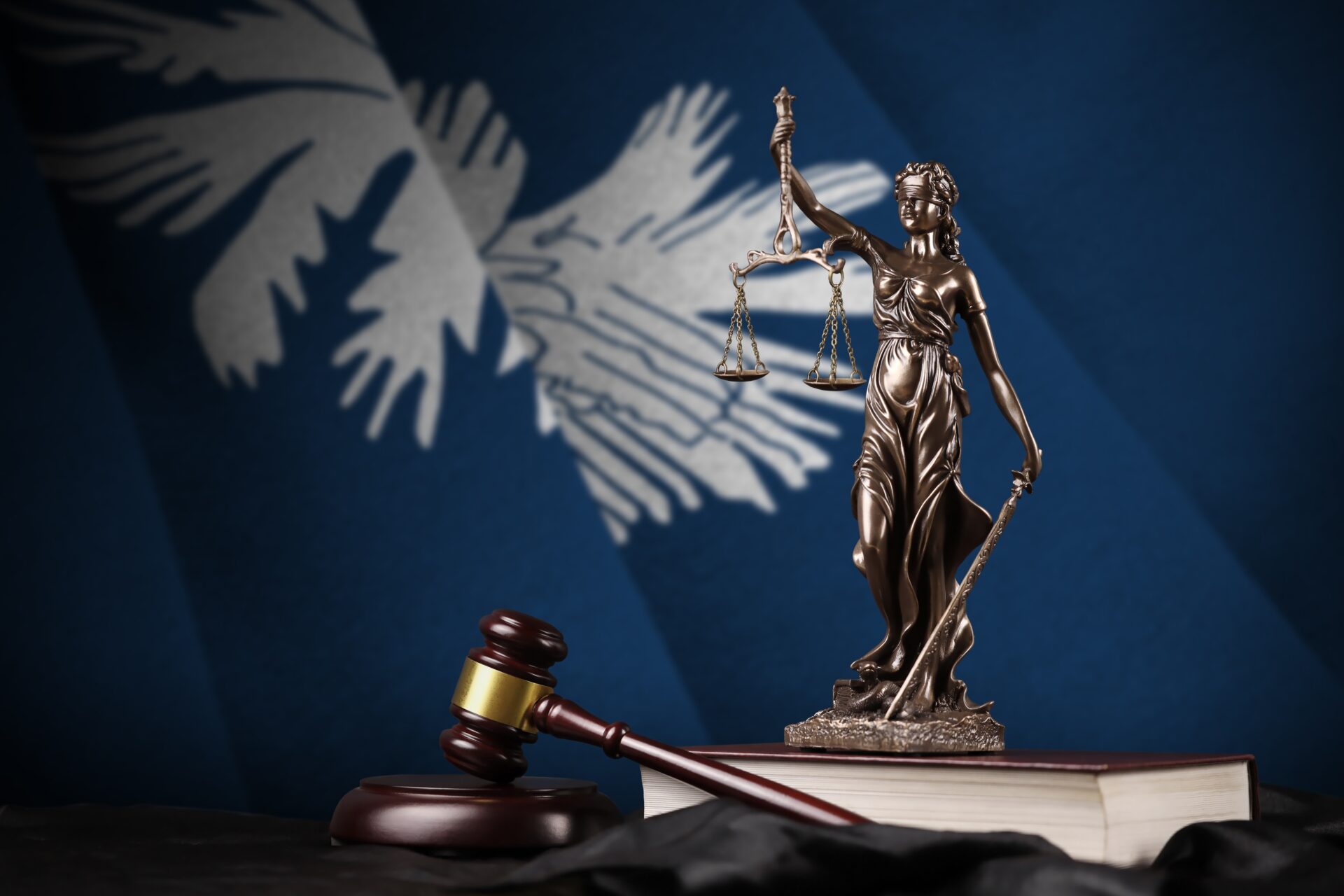
Was Trump AG Epstein Probe a COVER-UP?
Former Attorney General William Barr appeared before House investigators to answer questions about Jeffrey Epstein’s death and the Department of Justice’s handling of the case, but offered little beyond prior statements.
At a Glance
- Barr testified before the House Judiciary Committee about Epstein’s 2019 death
- He reiterated the DOJ found “no evidence” of foul play in Epstein’s cell
- Republicans pressed him on alleged failures in Bureau of Prisons oversight
- The FBI has closed its inquiry, declining to release additional documents
Barr Faces Renewed Scrutiny
Former Attorney General William Barr returned to Capitol Hill this week, testifying before the House Judiciary Committee in a closed session about the handling of Jeffrey Epstein’s detention and death. Barr, who served under Donald Trump, was summoned by lawmakers seeking to probe inconsistencies in the Department of Justice’s oversight of the high-profile prisoner.
Watch now: Attorney General William Barr testifies before the House Judiciary Committee · C-SPAN3
Barr reaffirmed his prior conclusion that Epstein died by suicide in August 2019, telling lawmakers that internal reviews by both the DOJ and the FBI uncovered no credible evidence suggesting otherwise. He acknowledged lapses within the Bureau of Prisons, particularly failures in monitoring protocols at the Metropolitan Correctional Center in New York, but maintained that the broader investigation yielded no signs of outside interference.
Committee Pressures DOJ
Members of the House Judiciary Committee, particularly Republican lawmakers, pressed Barr on why critical surveillance footage was lost and why guards responsible for Epstein’s unit avoided criminal consequences after pleading guilty to falsifying records. Democrats emphasized systemic shortcomings within the federal prison system, pointing out that understaffing and poor oversight extended beyond Epstein’s case.
Barr reportedly declined to provide any new evidence or documentation, citing the FBI’s recent closure of its inquiry into Epstein-related matters. The Bureau stated earlier this month that additional records would not be released, arguing that they would not alter the established investigative findings.
A Case That Won’t Close
Although multiple reviews have upheld the official account of Epstein’s death, his case continues to resurface in Congress and the courts. Public skepticism remains widespread, fueled by persistent speculation over Epstein’s connections to wealthy and politically powerful individuals. Lawmakers on both sides acknowledged that without further evidence, oversight hearings may produce more questions than answers.
The issue remains politically charged. Republicans have used the hearings to criticize perceived DOJ failings, while Democrats stress the need for broader prison reform. Barr, now a private citizen, continues to defend the DOJ’s handling of the case but appears unlikely to provide new information that could shift public perception.


